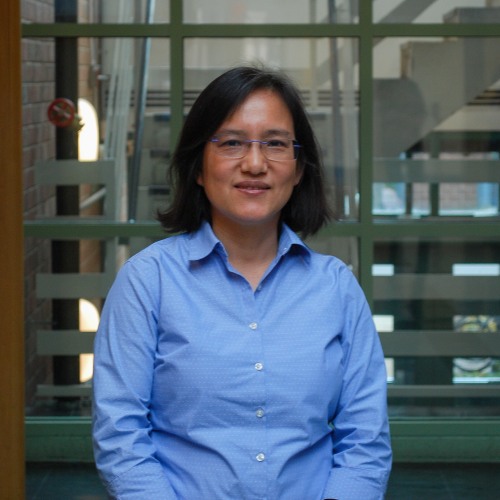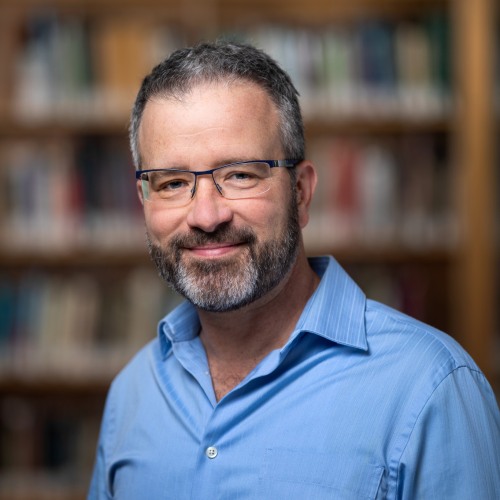Environmental research at Brown is strongly interdisciplinary, relying on fieldwork, remote sensing, biogeochemical analyses, and numerical modeling to better understand and address some of the most pressing problems facing our environment. Our research efforts span polar to tropical regions, including terrestrial, marine, lacustrine, and atmospheric processes. Research focuses include environmental policy, atmospheric and aquatic pollution, environmental biogeochemistry, polar ice sheets, and the impacts of climate change on ecosystems. Our overarching goals are to understand Earth’s environments, educate the next generation of scientists, and influence the direction of our shared future.
Environmental Science
Leading diverse, interdisciplinary research programs investigating Earth’s changing environments related to natural processes and human impacts across a large range of temporal and spatial scales.
Environmental Science
Leading diverse, interdisciplinary research programs investigating Earth’s changing environments related to natural processes and human impacts across a large range of temporal and spatial scales.
Research Highlight
Microbial Intrusions in the Mediterranean Sea

Microbial organisms such as phytoplankton performing photosynthesis generate most of the ocean’s organic carbon, but little is understood about how this carbon is transported to the deep dark sea ecosystems below.
In collaboration with Woods Hole Oceanographic Institution and Marine Biological Laboratory, Assistant Professor Mara Freilich and her team at Brown investigated the role of eddies in connecting the ocean surface to deep ocean ecosystems. Other collaborators include researchers at IMEDEA (Spain), UCSD, and University of Washington.
The researchers followed the trajectories of water masses and sampled microbial communities along those trajectories. The project included trips on sea vessels where samples were collected at different depths in the ocean, which were then examined in the lab. They found that the communities were largely preserved as they moved to the interior ocean, but began to evolve as they are exported by eddies – an indication that eddies have an important impact on the ecology.
This project combined the perspectives of physical, biological, and chemical oceanography to create a fundamental understanding of how much and where carbon is being taken up by the ocean, and how that might change.
“In ecological terms, by really paying attention to the physical dynamics, we began to untangle ecological secession.” – Mara Freilich
Environmental Science News
‘A snowstorm is just the snow’: But what’s a blizzard?
Record-breaking blizzard brings 37.9 inches of snow to Providence
Faculty
-

Steven Clemens
Professor (Research) -

Kim Cobb
Director of the Institute at Brown for Environment and Society, Professor -

Emanuele Di Lorenzo
Professor -

Baylor Fox-Kemper
Professor -

Mara Freilich
Assistant Professor -

Meredith Hastings
George Ide Chase Professor of Physical Sciences, Chair -

Tim Herbert
Professor -

Christopher Horvat
Assistant Professor -

Yongsong Huang
Professor -

Daniel Ibarra
Manning Assistant Professor of Earth, Environmental, and Planetary Sciences and Environment and Society -

Harriet Lau
Manning Assistant Professor of Earth, Environmental and Planetary Sciences -

Jung-Eun Lee
Associate Professor, Director of Graduate Advising -

Amanda Lynch
Sloan Lindemann and George Lindemann, Jr. Distinguished Professor of Environmental Studies -

John Mustard
Professor -

James Russell
Senior Associate Dean of Dean of the Faculty, Professor -

Seda Şalap-Ayça
Assistant Professor of Practice -

Laurence C. Smith
John Atwater and Diana Nelson University Professor of Environmental Studies in the Institute at Brown for Environment & Society (IBES) and the Department of Earth, Environmental and Planetary Sciences (DEEPS) -

Victor Tsai
Professor
